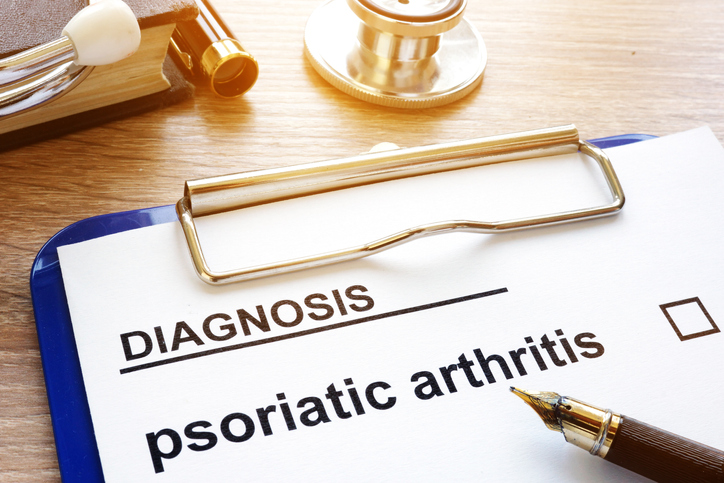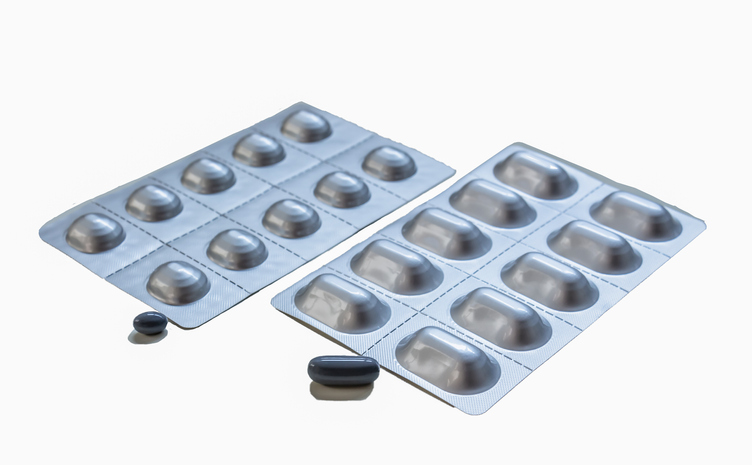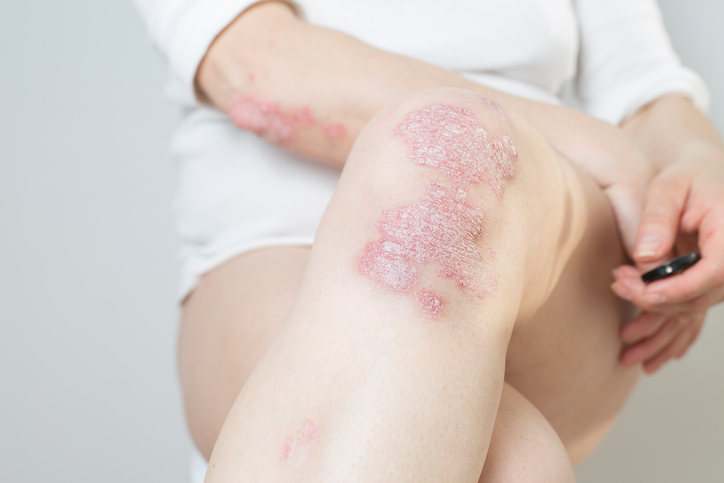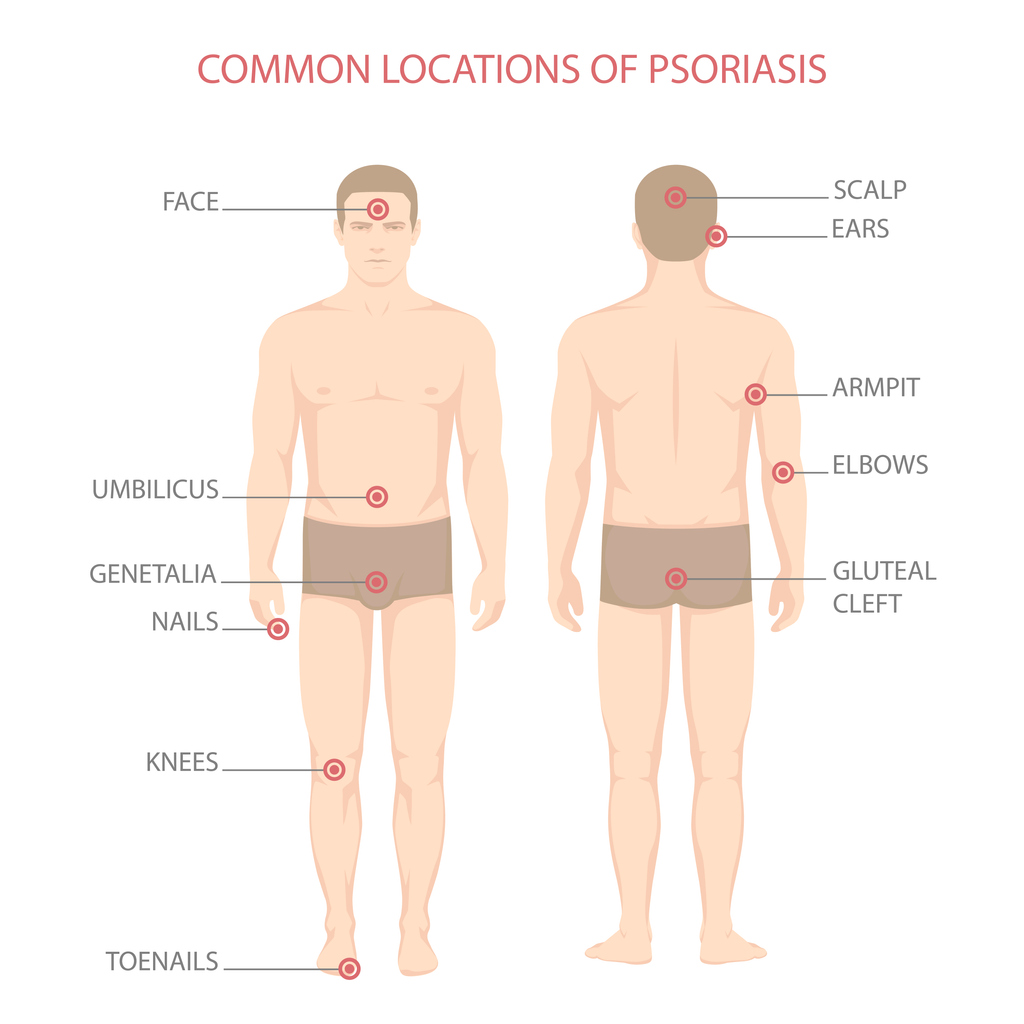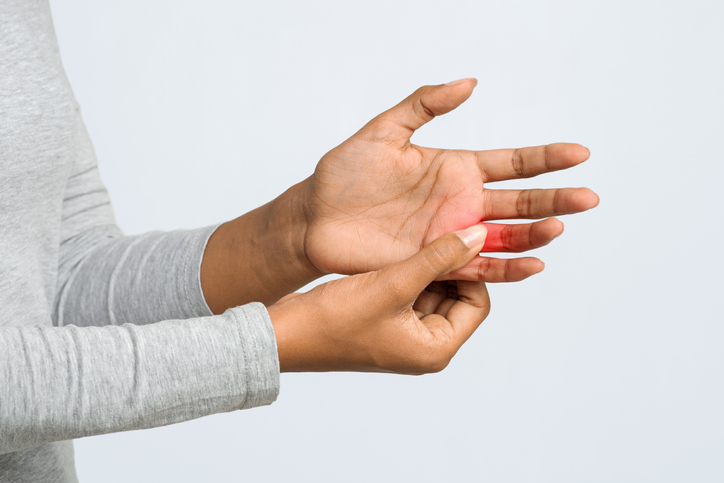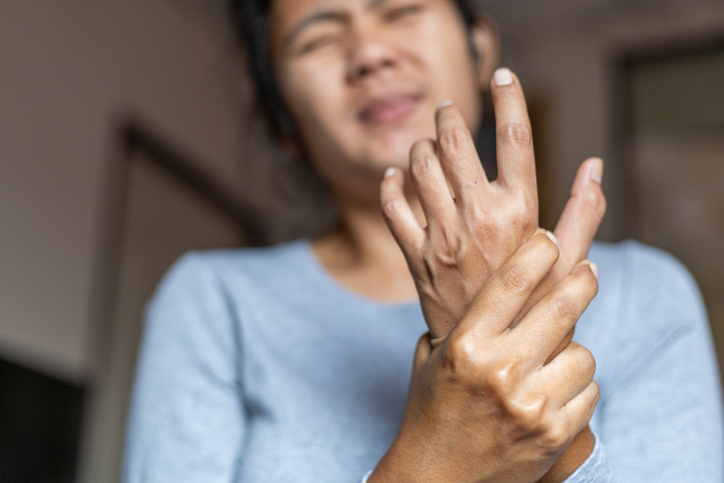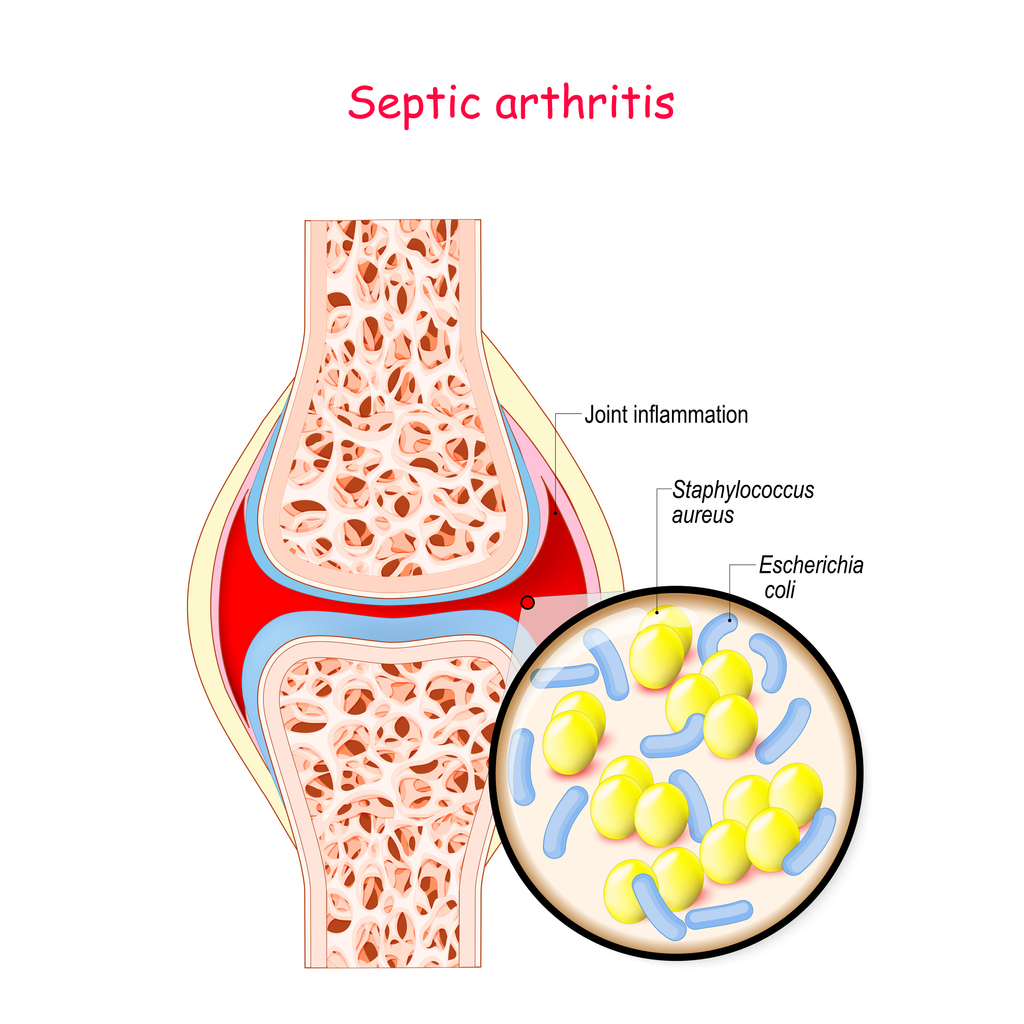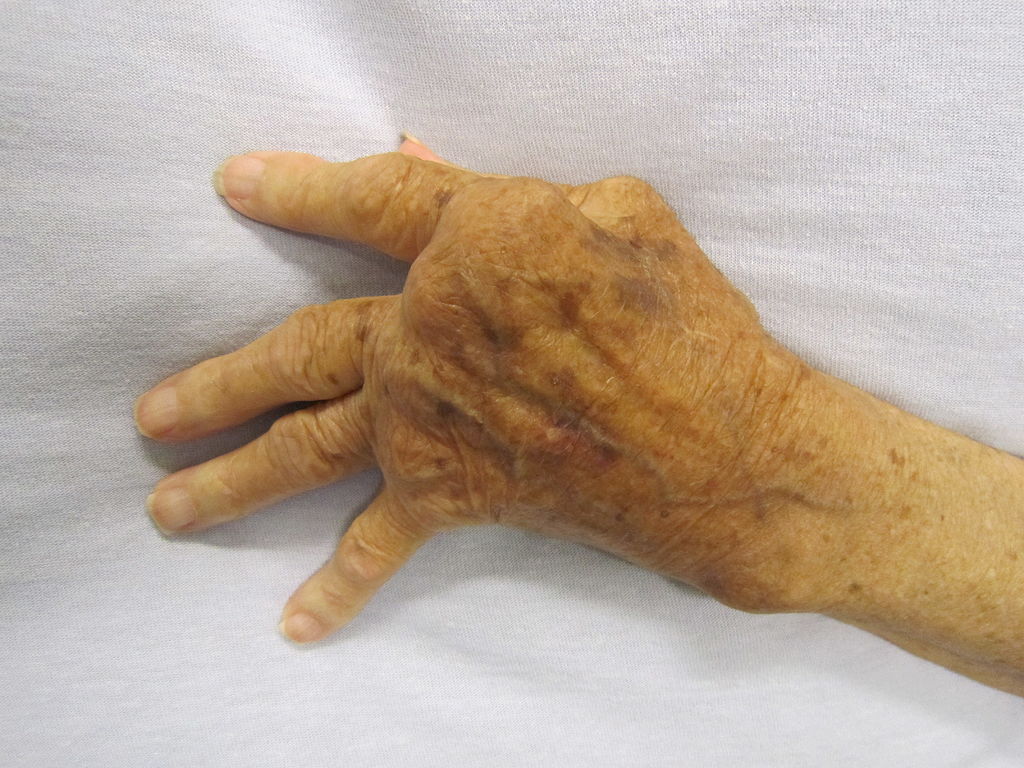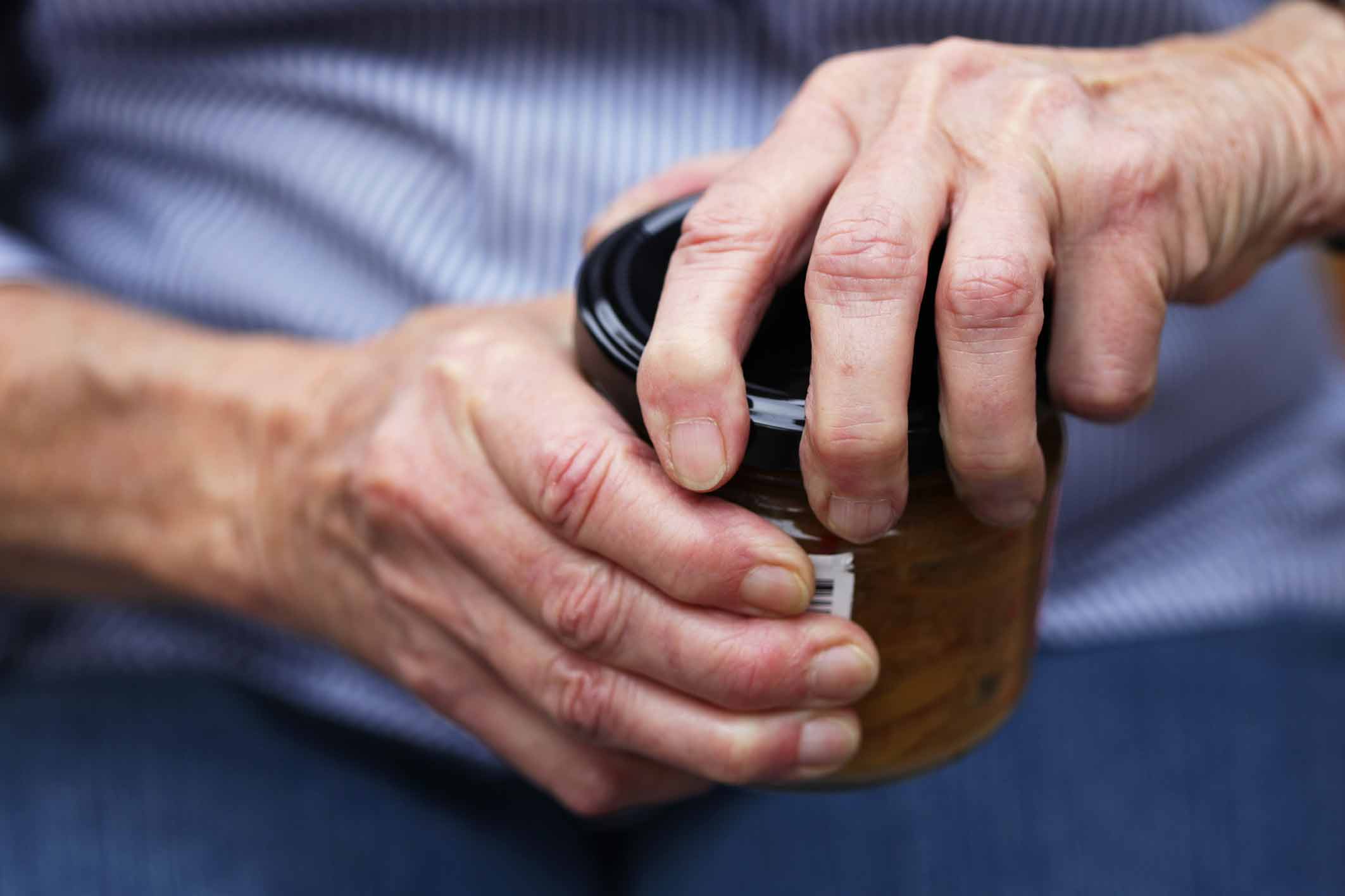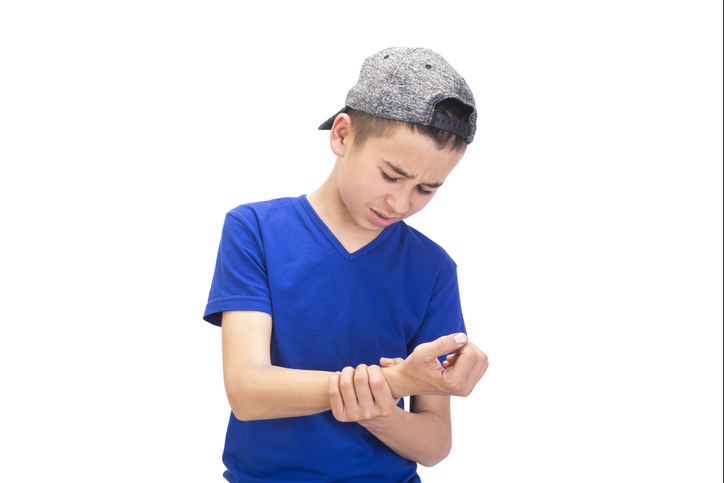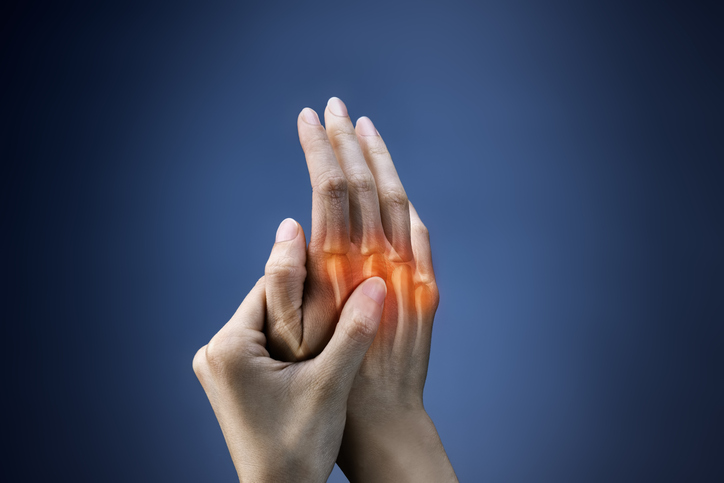Pain
Types of Psoriatic Arthritis (PsA)
Source: Healthline, Genetics Home Reference: U.S. National Library of Medicine: National Institutes of Health
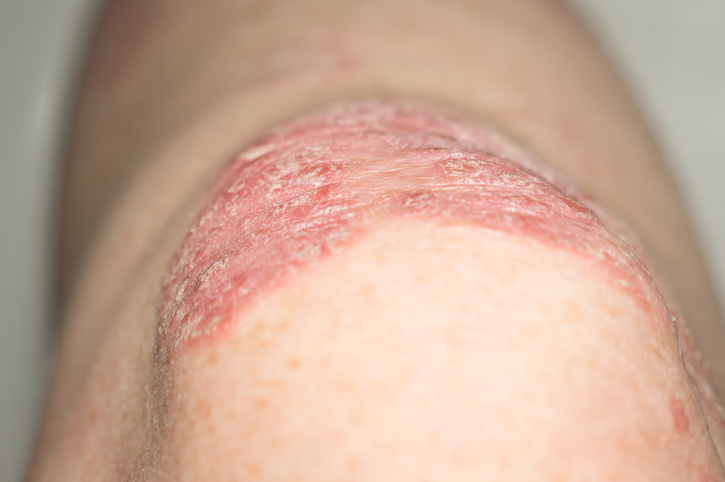
27 people found this helpful
Print
Share
Save
What is psoriatic arthritis?
Psoriatic arthritis (PsA) is a form of inflammatory arthritis that can occur with the skin condition psoriasis, a condition that causes red, itchy patches and silvery scales on the skin and scalp. PsA is a combination of the joint problems of arthritis and the skin issues of psoriasis. With PsA, the immune system mistakenly attacks healthy cells in the joints and causes overproduction of skin cells.
Types
Psoriatic arthritis (PsA) is categorized into five types, depending on the affected part(s) of the body and specific signs and symptoms. The five types of PsA include symmetric polyarthritis PsA, asymmetric oligoarticular PsA, distal interphalangeal predominant PsA, spondylitis PsA, and psoriatic arthritis mutilans.
- Symmetric polyarthritis PsA affects the same joint(s) on both sides of the body. Almost half of people with PsA have this type. Symmetric PsA tends to be milder than other types of arthritis, such as rheumatoid arthritis, but can still be disabling.
- Asymmetric oligoarticular PsA only affects joints on one side of the body. This type tends to be mild and accounts for approximately 35% of PsA cases.
- Distal interphalangeal predominant PsA specifically affects the joints at the ends of the fingers and toes (closest to the nails). It can also cause nail changes. Distal interphalangeal predominant PsA affects approximately 10% of people with PsA.
- Spondylitis PsA occurs when PsA affects the joints between the vertebrae in the spine. It can affect the entire spine or a specific part of the spine. Spondylitis PsA mainly causes pain and stiffness in the back or neck; however, joints in the arms, hands, legs, feet or hips may also be affected. Movement may also be impaired.
- Psoriatic arthritis mutilans is the least common but most severe type of PsA. Severe inflammation damages the joint(s) enough to cause deformity and movement problems. This most commonly affects the hands and feet; bone loss and shortening of the fingers or toes can occur. Psoriatic arthritis mutilans can also cause neck or back pain. Less than 5% of those with PsA have psoriatic arthritis mutilans.

